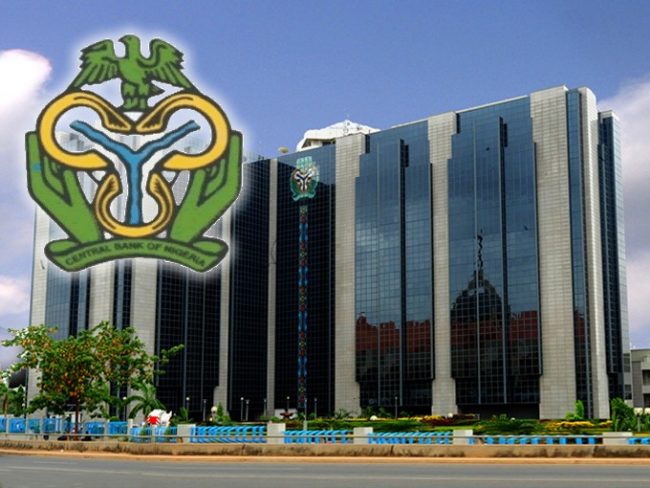The total assets of Nigerian banks, between December 2020 and December 2021, hit N59.24 trillion, representing a 16.18% increase. This is according to the Central Bank of Nigeria (CBN).
In the personal statements of members of the Monetary Policy Committee (MPC), the apex bank disclosed that the total assets of the financial institutions went up from N50.99 trillion at the end of 2020, to N59.24 trillion last year, which is an increase of N8.25 trillion.
The banking system continued to sustain its soundness, safety, and resilience amid economic recovery.
“The total asset of the banking industry increased from N50.99 trillion from end-December 2020 to N59.24 trillion, representing an increase of 16.18%, driven by balances with CBN/banks, OMO bills, and credits,” CBN quoted a member of the MPC, Kingsley Obiora, as saying.
Meanwhile, loans by banks from the CBN dropped for the second time in a row, as it now stands at N666 billion.
In its latest financial data, the apex bank noted that the borrowings from financial institutions in the country significantly reduced, and it did consecutively.
BizWatch Nigeria understands that financial institutions in the country often access the CBN’s Standing Lending Facility (SLF) window to borrow funds, although subject to certain eligibility requirements.
Amongst other reasons, they (the banks) often do this to temporarily address their short-term liquidity obligations.
The apex bank lends money to banks and merchant banks through the SLF at an interest rate of 100 basis points (bpts) above the Monetary Policy Rate (MPR) of 11.50%.
The CBN also lends money to banks and merchant banks through the Repurchase (Repo) arrangement, which involves the purchase of banks’ securities with the agreement to sell back at a specific date and at a higher price.
According to CBN data through Repo, banks’ borrowing dropped by 47%, Month on Month (MoM) in February 2022 to N480.35 billion from N952.79 billion in January.
Similarly, banks’ borrowing through the CBN’s SLF fell sharply by 40%, MoM, to N186.48 billion from N313.43 billion in January.













